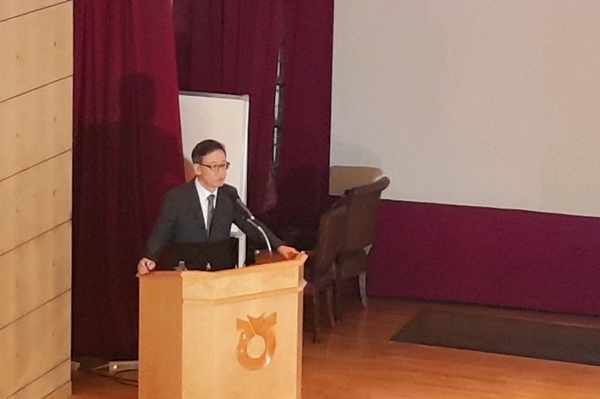Helixmith said that it has failed to make conclusions due to data contamination for its gene therapy Engensis, also known as VM202-DPN, in treating diabetic peripheral neuropathy (DPN).

"We have detected Engensis in patients assigned to the placebo group," the company said. "At the same time, the company also found a low drug concentration in the group that was supposed to receive Engensis."
Such results have raised the possibility of a mix between the placebo and treatment groups, the company added.
Engensis is a gene therapy that targets DPN, a complication in diabetics. In phase 3-1 trial, the company tried to reaffirm the pain reduction effect of the drug, which it had confirmed in phase 2 clinical trial.
Due to the date corruption, however, it has become impossible to confirm whether the company has managed to achieve its main evaluation index.
"Current data alone is not enough to identify mixed subjects accurately, so we have set up a research team led by Dr. Leonard Fish, a clinical QA specialist, to begin a detailed investigation," the company said. "Considering the possibility of future legal action, we will conduct the investigation privately until we can gather the evidence through a careful analysis of the evidence."
Despite the data corruption, the company claimed that its drug is still safe and effective.
"Safety of the drug has been reaffirmed, with a low frequency of adverse events across all subjects," the company said. "There was also a statistically significant pain-relieving effect in the analysis, except for patients in the data corruption group."
However, it seems unlikely that the company will be able to use any of the data obtained from the phase 3-1 study as the mix between the drug and placebo group has lowered the reliability of the overall data. Changes in its subsequent phase 3-2 clinical trial design also seems inevitable.
"Plans are underway to manage the following clinical trials more precisely and efficiently," a company official said. "The company plans to break down the next phase three clinical trial into two or three researches participated in by a smaller group of patients."
The studies will start in the next six months and be completed in early 2020, he added.
With the company failing to conclude its phase 3 clinical trial, the company's shares plummeted to its lower limits on Tuesday. As of noon, the company's stock stood at 120,000 won ($100), a 29.99 percent drop from the previous trading day.

